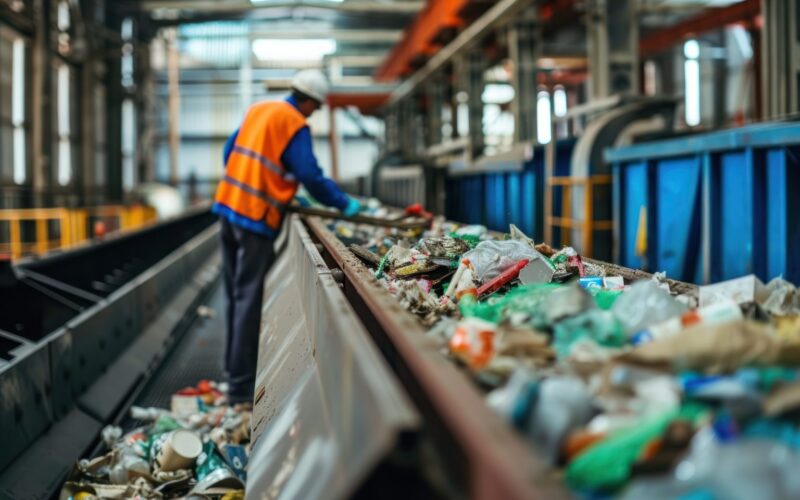Recent analysis has highlighted a notable drop in waste and recycling data published by the previous Conservative government in the UK. Research by the Copper Sustainability Partnership reveals that the number of data sets released fell by more than 50% between 2010 and 2022.
This decline reflects a broader trend of reduced environmental reporting across various sectors. The government’s focus on economic growth led to relaxed environmental regulations, including those related to waste management, and funding cuts for environmental research and protection.
The study shows that the average number of waste and recycling data sets published annually dropped from 30 in the early years of the Conservative government to just 12 by 2022. This reduction has raised concerns about the effectiveness of monitoring and addressing waste management issues.
The UK’s departure from the EU also brought changes to waste management reporting requirements. The UK is no longer obligated to report on waste treatment across different Nomenclature of Economic Activities areas—a system used by the EU for categorising economic activities. Furthermore, EU regulations require larger and listed companies to disclose detailed environmental impact information.
The decrease in waste and recycling reporting has faced criticism from environmental campaigners and industry experts, who argue that such data is crucial for informing policy and holding businesses accountable for their environmental impact.
The new Labour government has committed to focusing on waste reduction and a transition to a circular economy. However, achieving these objectives will require reinstating essential environmental reports and enhancing the government’s ability to monitor and enforce waste management regulations.





















